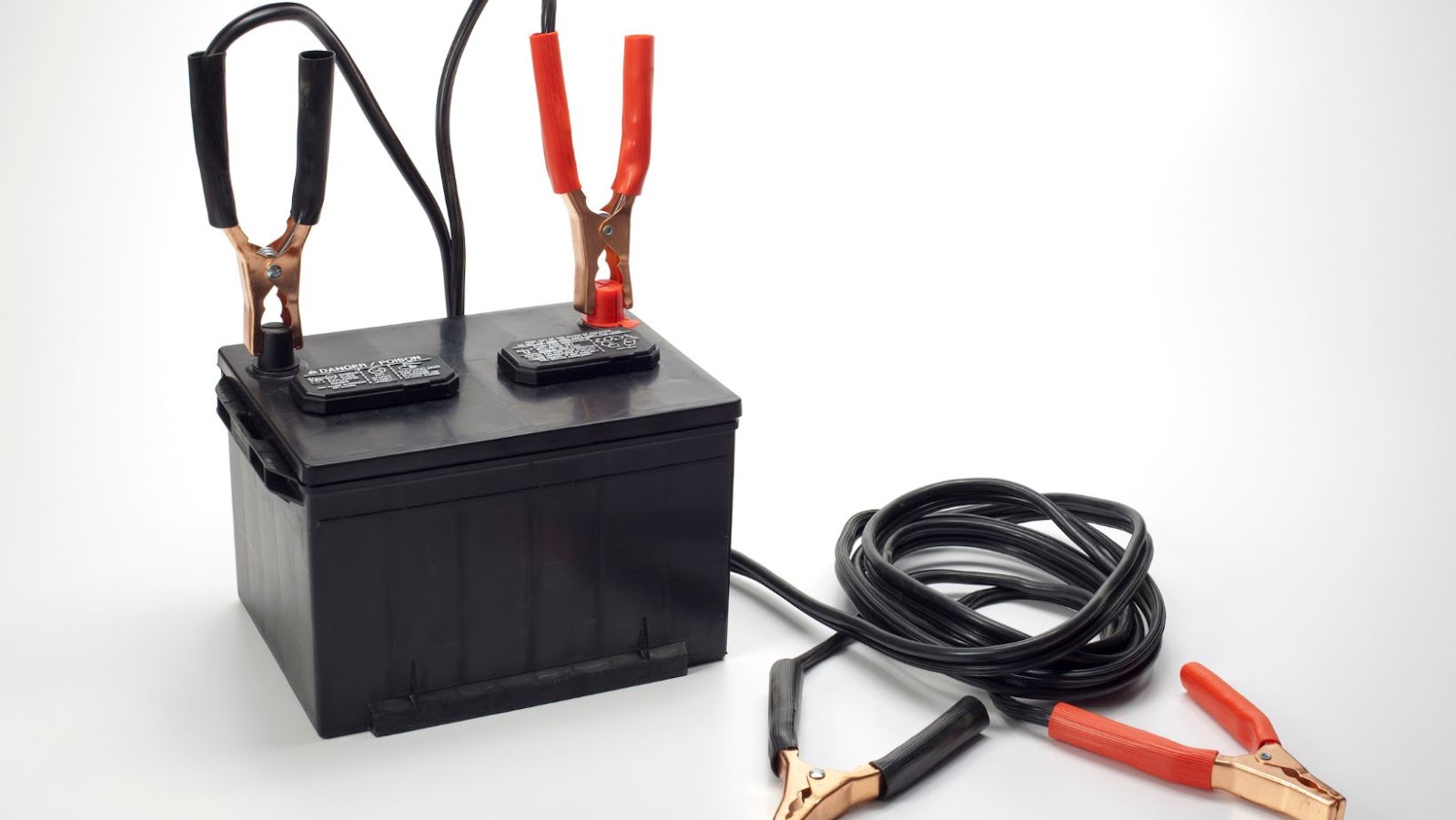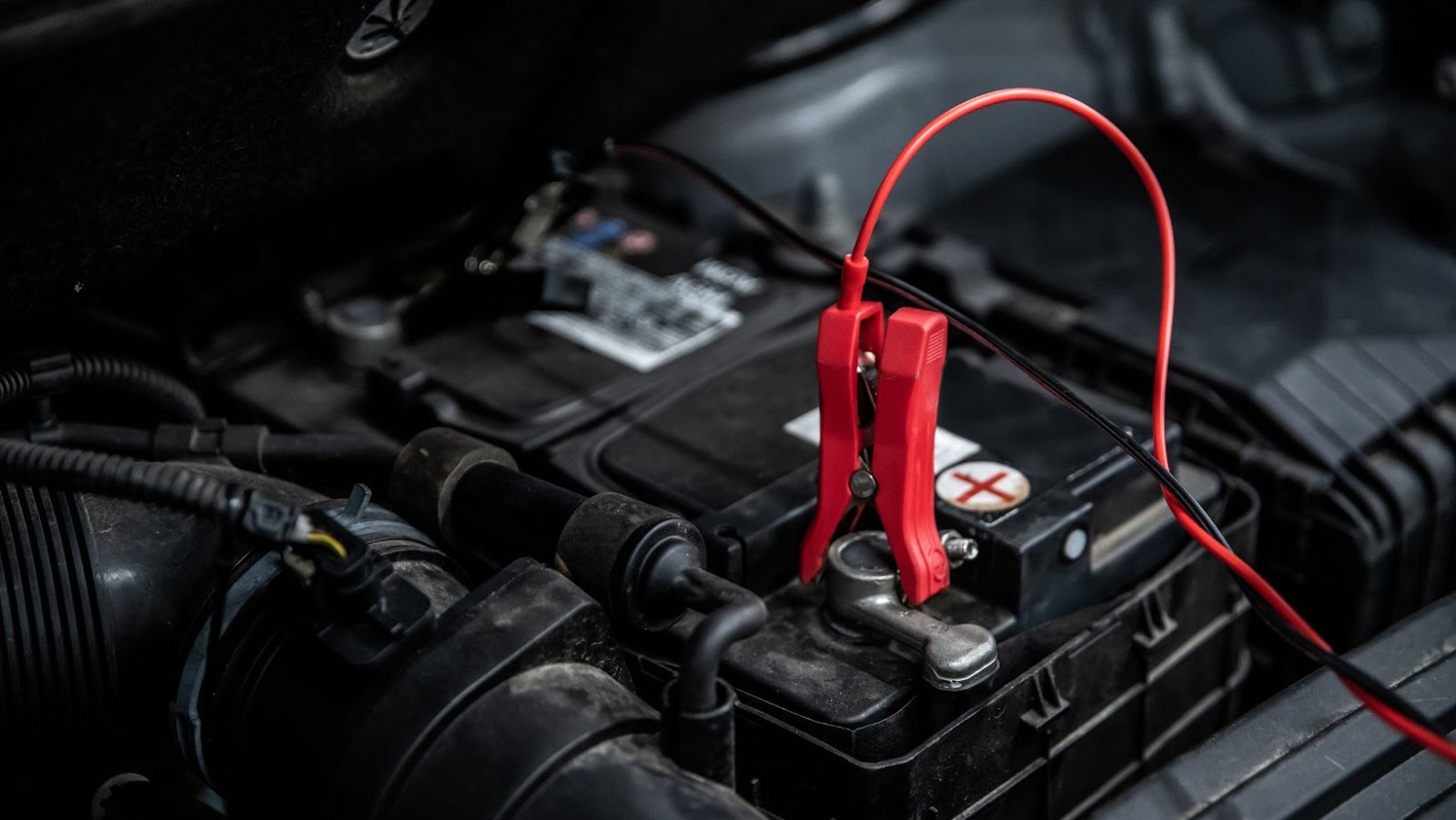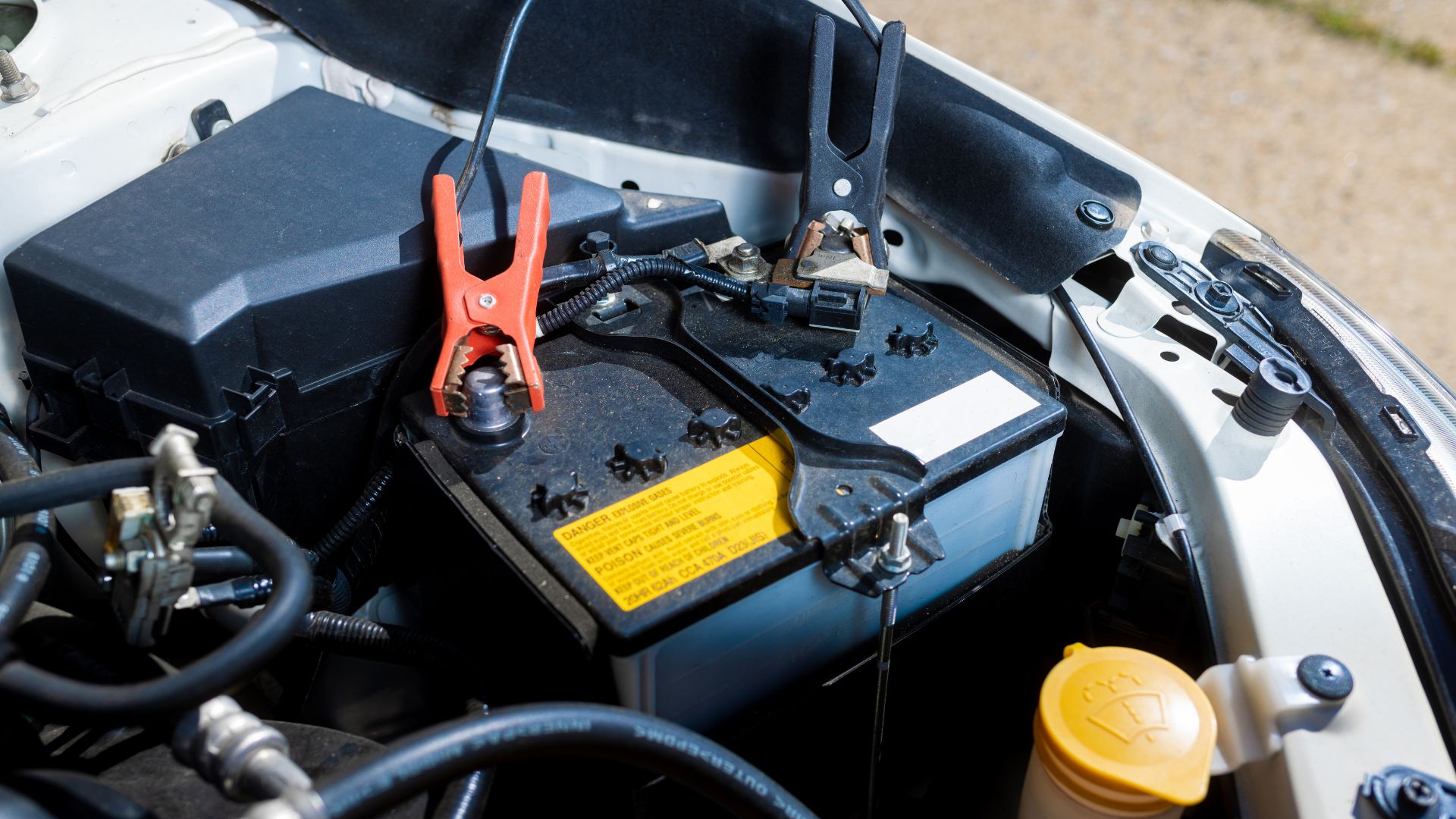Cleaning Battery Cable
Battery cables corrode due to a chemical reaction between the metal in the cables and sulfuric acid vapors from the battery. This reaction forms corrosion on the cables, hindering the flow of electricity and potentially causing starting issues in vehicles. Factors such as temperature fluctuations, vehicle age, and driving conditions can accelerate the corrosion process.
Corrosion on battery cables can lead to voltage drop, which affects the efficiency of the electrical system in a vehicle. This can result in dimming headlights, slow cranking, or difficulties starting the engine. Addressing corrosion promptly is crucial to maintaining optimal vehicle performance and avoiding unexpected breakdowns on the road. Regular inspection and cleaning of battery cables are essential preventive maintenance tasks for every vehicle owner.
 Step-by-Step Guide to Cleaning Battery Cables
Step-by-Step Guide to Cleaning Battery Cables
Disconnecting the Battery Safely
To start the process of cleaning battery cables, it’s crucial to disconnect the battery safely to avoid any electrical mishaps. Begin by turning off the vehicle’s engine and ensuring all electronic components are switched off. Next, locate the battery in the engine bay and identify the positive (+) and negative (-) terminals. Always disconnect the negative terminal first to prevent any short circuits. Use the appropriate tools, such as a wrench or socket set, to loosen the terminal nut and carefully remove the cable from the battery post. Repeat the same process for the positive terminal. Insulate the disconnected cables with rubber or plastic covers to prevent accidental contact.
Using Home Remedies to Clean Corrosion
Home remedies can be effective in cleaning battery cable corrosion using readily available household items. One common method is to create a paste using baking soda and water. Mix baking soda with a small amount of water to form a paste-like consistency. Apply the paste to the corroded areas on the battery cables and terminals using a brush or cloth. Allow the mixture to sit for a few minutes to break down the corrosion. Use a brush to scrub off the loosened buildup gently. Wipe the area clean with a damp cloth and ensure no residue is left behind. This simple home remedy can help remove minor corrosion and improve electrical conductivity.
Applying Commercial Cleaners for Tough Buildup
For stubborn or heavy buildup on battery cables, commercial cleaners specifically designed for this purpose can be highly effective. These cleaners are formulated to break down tough corrosion and provide a thorough cleaning. When using commercial cleaners, always follow the manufacturer’s instructions carefully. Wear protective gear like gloves and goggles to prevent skin contact and eye irritation. Spray the cleaner onto the corroded areas of the battery cables and terminals. Allow the cleaner to penetrate the buildup for the recommended duration. Use a brush to agitate the corroded areas gently. Rinse off the cleaner with water and ensure the cables are completely dry before reconnecting them to the battery. Commercial cleaners are ideal for tackling severe corrosion and ensuring optimal electrical flow in the vehicle’s battery system.
 Maintaining Your Battery Cables Post-Cleaning
Maintaining Your Battery Cables Post-Cleaning
Preventive Measures to Avoid Future Corrosion
To avoid future corrosion issues, one should consider applying a corrosion-resistant coating, such as battery terminal protectant sprays, after cleaning the battery cables. These sprays create a barrier that helps prevent the formation of corrosion on the terminals. Additionally, ensuring that the battery is securely fastened in place can reduce movement, which can lead to cable wear and tear, causing potential electrical problems.
Regular maintenance of battery cables is crucial for the longevity of a vehicle’s electrical system. Periodically inspecting the cables for signs of wear, fraying, or corrosion can help catch potential issues early. Using a wire brush or sandpaper to gently clean the cable terminals during routine maintenance can prevent the buildup of corrosion. Moreover, applying a thin layer of dielectric grease to the terminals after cleaning can help protect against future corrosion and ensure a secure connection.
